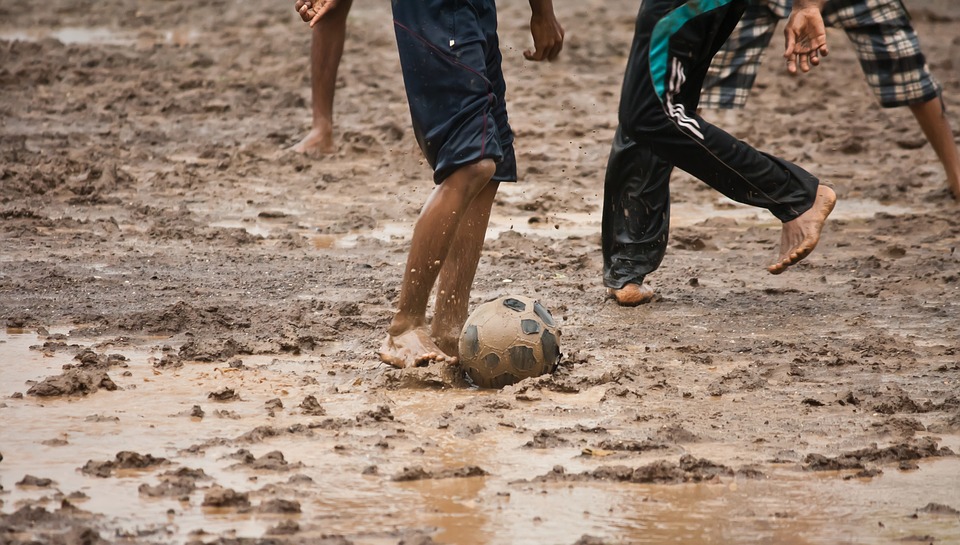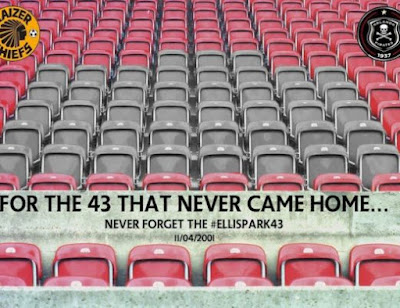The BIG Complaint – a lifeline for Jomo Cosmos? A view from the cheap seats

By Farai Razano Introduction Last week there were reports and discussions in the mainstream media and on social media that Jomo Cosmos FC (“Jomo Cosmos”) had filed a complaint against Hungry Lions FC (“Hungry Lions”) for the fielding of an ineligible player in the National Soccer League (“NSL”) Glad-Africa Championship. Some have claimed that the complaint is somewhat a lifeline for Jomo Cosmos to bounce back into the Glad-Africa Championship. Is that so? What do the NSL rules say about complaints ? In this article I consider the procedural rules regulating complaints and provide my view (from the cheap seats) on the complaint and the applicable rules. Photo - istockphoto - 541980150 A Complaint, not a protest It is important to emphasise, from the onset, that Jomo Cosmos have filed a complaint, not a protest because the procedures and results are not the same. In terms of rule 52.2, “If a complaint relates to the registration of a Player, the complaint must be lodged no late...



